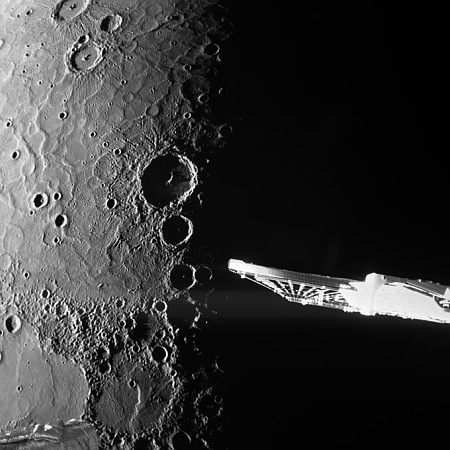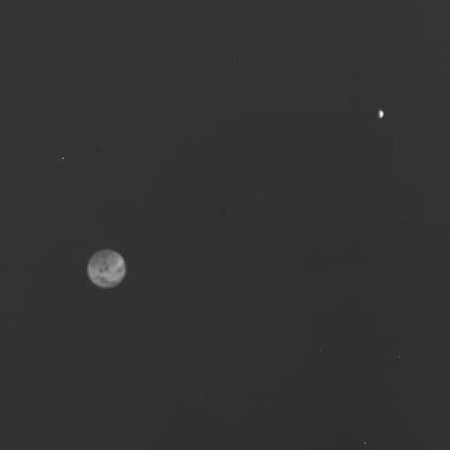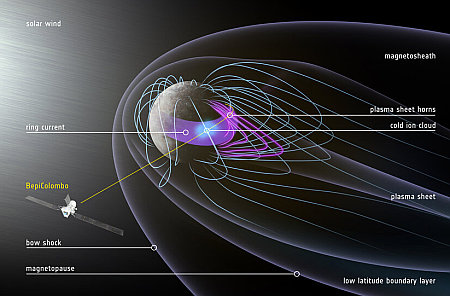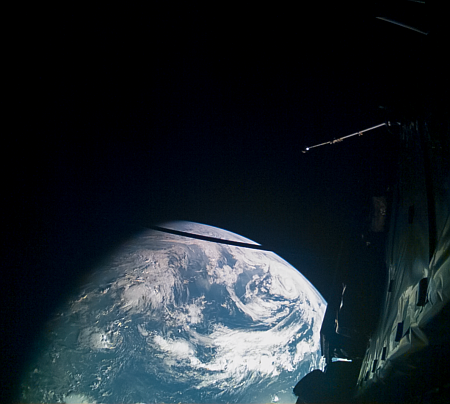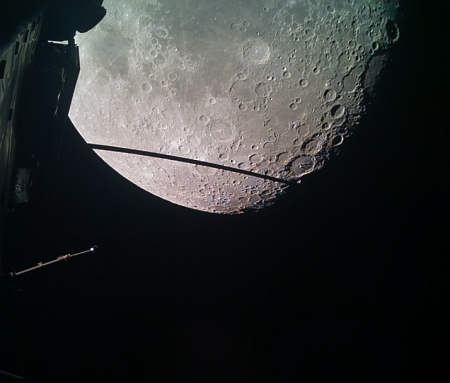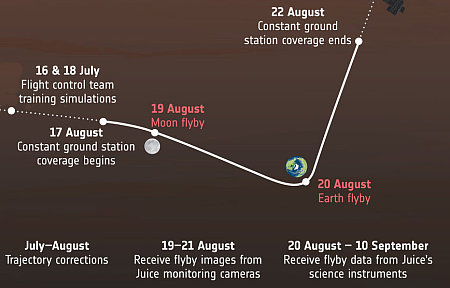Ariane-6 gets more launch contracts
Despite high launch cost of the Ariane-6 rocket, the European Space Agency (ESA) this week arranged three more launch contracts with Arianespace, which manages the rocket.
During the 17th European Space Conference, held in Brussels on 28 and 29 January, Arianespace was awarded contracts to launch PLATO [an ESA science mission to study exoplanets], Sentinel-1D [an ESA Earth observation satellite], and a pair of second-generation Galileo satellites. [part of ESA’s GPS-type satellite constellation]. Arianespace currently has a backlog of 30 Ariane 6 launches, 18 of which are for Amazon’s Kuiper constellation.
These new launch deals are expressly because ESA wants to force feed contracts to Ariane-6 to keep it whole, as part of its policy to launch its European payloads on European rockets. The result is that ESA is also forced to pay too much for its launches. Note too that these payloads are expressly ESA science or research projects, which also applies to most of Ariane-6’s backlog of launches outside of its Kuiper launches. Profit is not the main goal of these payloads. I doubt this rocket will get much additional business from commercial satellite companies that must make a profit to survive. It costs too much.
This is also the reason ESA member nations Germany, Italy, France, and the United Kingdom are pushing hard to get new European private rocket startups operational. They don’t like being forced to pay too much for launches, and want commercial options outside of Ariane-6.
For the moment however ESA is propping up Ariane-6 and Arianespace. It means Ariane-6 will be around for awhile, even as it limits what ESA can do in space.
Despite high launch cost of the Ariane-6 rocket, the European Space Agency (ESA) this week arranged three more launch contracts with Arianespace, which manages the rocket.
During the 17th European Space Conference, held in Brussels on 28 and 29 January, Arianespace was awarded contracts to launch PLATO [an ESA science mission to study exoplanets], Sentinel-1D [an ESA Earth observation satellite], and a pair of second-generation Galileo satellites. [part of ESA’s GPS-type satellite constellation]. Arianespace currently has a backlog of 30 Ariane 6 launches, 18 of which are for Amazon’s Kuiper constellation.
These new launch deals are expressly because ESA wants to force feed contracts to Ariane-6 to keep it whole, as part of its policy to launch its European payloads on European rockets. The result is that ESA is also forced to pay too much for its launches. Note too that these payloads are expressly ESA science or research projects, which also applies to most of Ariane-6’s backlog of launches outside of its Kuiper launches. Profit is not the main goal of these payloads. I doubt this rocket will get much additional business from commercial satellite companies that must make a profit to survive. It costs too much.
This is also the reason ESA member nations Germany, Italy, France, and the United Kingdom are pushing hard to get new European private rocket startups operational. They don’t like being forced to pay too much for launches, and want commercial options outside of Ariane-6.
For the moment however ESA is propping up Ariane-6 and Arianespace. It means Ariane-6 will be around for awhile, even as it limits what ESA can do in space.

